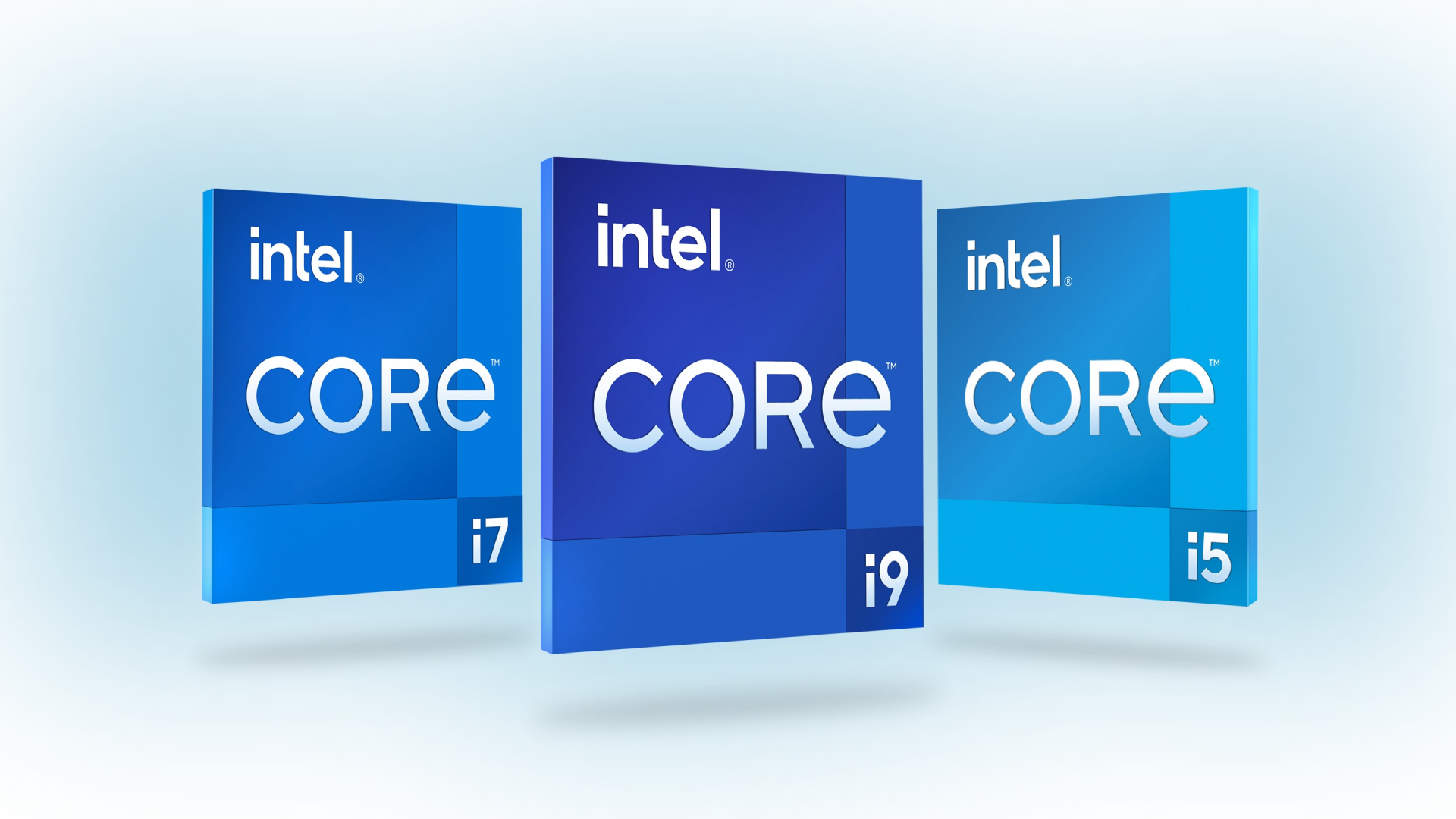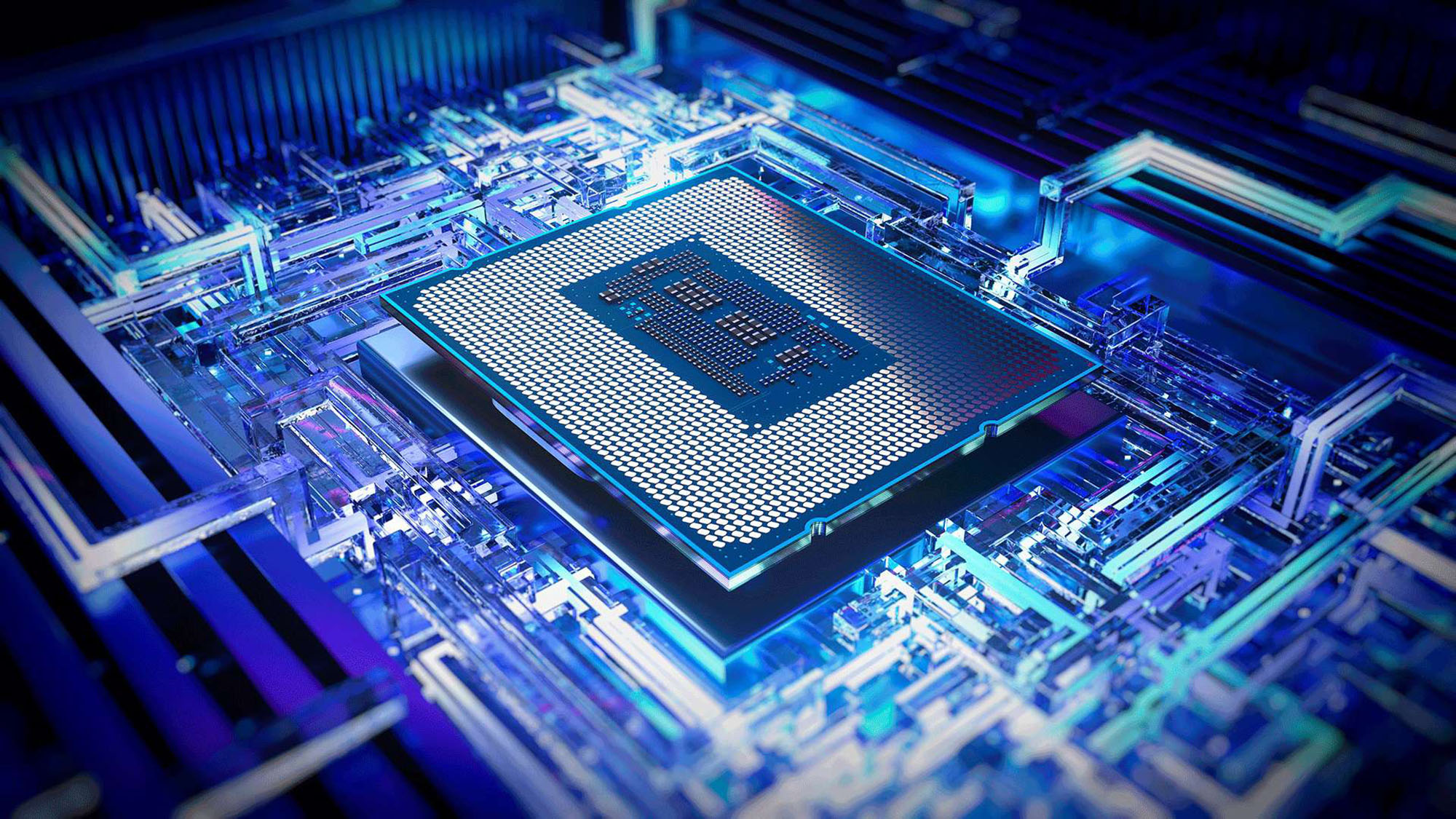
Recent Intel processors have been experiencing massive instability flaws over the course of the last few months, and Intel finally addressed the issue with an update and comment last Monday.
The company explains that the root of the problem is specifically found in 13th and 14th Generation Intel processors where a microcode algorithm is assigning an elevated operating voltage to these processors.
Intel claims it's targeting a mid-August patch to help prevent the issue from springing up again, and it's inviting all affected users to continue reaching out in order to ensure all scenarios of instability can be addressed.
What can affected users do?
According to sources that spoke to Tom's Hardware, due to the fact that this mishap is impacting the chips on a hardware level, creating an elevated voltage that can damage the chip, the update will not do anything for processors that are already damaged. It will just (hopefully) prevent this from happening again.
Tom's Hardware also claims that a recall is not planned for these processors.
Users who are affected by this can try to return the chips through Intel's warranty service, although there's no guarantee the company will come to a favorable conclusion.
Intel employee Thomas Hannaford, who shared the company's plans to release a stability patch, spoke with the Verge and claims that Intel wants to make sure that "all customers who have or are currently experiencing instability symptoms on their 13th and/or 14th Gen desktop processors are supported in the exchange process."
Hopefully, this means attempts at returning any damaged hardware are successful.
This issue has been ongoing for months
It's hard to identify exactly when these problems began, but reports for instability issues can be found from far earlier in the year, with Reddit users claiming that issues of voltage and power settings were causing instability problems with 13th and 14th Gen Intel processors as far back as March.
Even back in February, Intel had released statements suggesting it was aware of reported issues with 13th and 14th Gen Intel processors. We don't know if this is the exact same issue that's currently going around now, but it sounds pretty similar in how it specifies the occurrence under "certain workloads."
However, there's one key element of this that users with a 13th and 14th Generation Intel processor should know: These issues affect desktop chips according to Intel, but there's more to this story than meets the eye.
Laptops are a little safer from Intel instability
The key to all of Intel's talk of these instability reports is its specificity around desktop versions of 13th and 14th Generation processors. On one hand, that's great news, as it means laptop users won't have to worry.

But online reports yield some mixed results, with users on Reddit citing that their 13th and 14th Gen Intel laptops are experiencing the same instability problems.
Reddit user Matt_AlderonGames claims "We have several laptops that have failed with the same crashes. It's just slightly more rare than the desktop CPU faults."
He continues by saying workloads identical to desktop conditions from "Unreal Engine, decompression, y-cruncher or similar" are causing these problems. The user specifically cites Intel i9-13900HX as a problem, with other users responding sharing that Intel i9-14900HX is also experiencing the issue.
Another Reddit user, cemsengul, claims that the reason laptops are less frequently victims to this is because mobile processors have lower power limits. Since these instability issues are a result of elevated voltage that is damaging the chips, it makes sense that these slightly powered-down mobile processors can still get the same problem, but more rarely.
However, we have found no reports (as of now) that suggest Intel Core Ultra processors are experiencing this issue. It seems to be exclusively limited to the architecture found in 13th and 14th-generation processors. We'll provide further updates if more information is learned on whether or not Core Ultra is susceptible to this elevated voltage issue.
For now, it would seem that Intel Core Ultra processors are in fashion, especially in gaming laptops or workstations that demand high CPU loads in order to play games or run intense software. This is at least until Intel releases a reliable patch for these processors.
Caution for all laptop and desktop users
We don't know for sure how likely a laptop is to have these issues compared to a desktop. While Intel hasn't seemed to address these problems for its mobile processors as of yet, there are quite a few reports online about it happening it laptop owners.
Our best advice is to be as careful as possible with your 13th and 14th Generation Intel processors, regardless of whether you're on a desktop or laptop until we hear more about the upcoming August fix.

.jpg?w=600)





